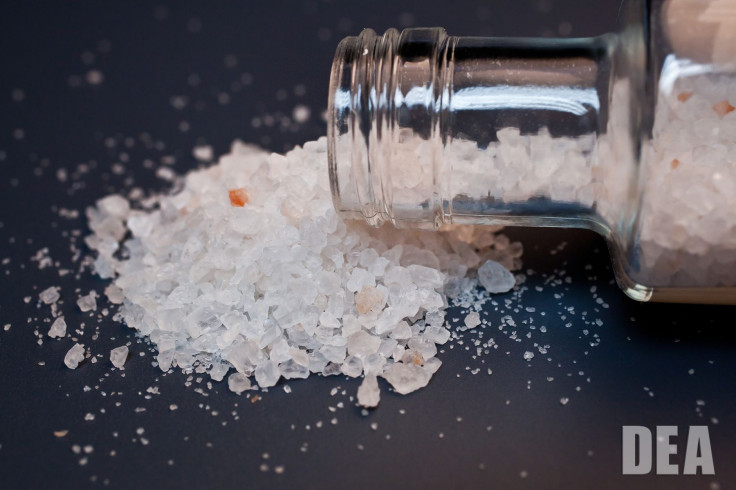New York State Bans Bath Salts After Synthetic Drug Implicated In Club Deaths

Last week, Gov. Andrew Cuomo of New York signed into law a state ban on the sale, use, and possession of bath salts, a synthetic drug associated with multiple deaths in the New York City club scene. Overwhelmingly approved by members of the state legislature, the law will add chemical compounds used to create bath salts to the state’s banned substance list.
“It took some tragic overdoses to finally put this drug in the headlines, but the reality is that bath salts have been an insidious danger responsible for an alarming spike in emergency room visits for the last several years,” Assemblyman Steven Cymbrowitz, chairman of the Alcohol and Substance Abuse Committee, told the Democrat and Chronicle
Bath salts’ popularity has risen over the last five years, thanks in part to Internet sales made easier with inconspicuous packaging resembling that of bath salts. Consequently, adverse events have risen as well. Calls to poison control centers across the United States increased 20-fold between 2010 and 2011 alone. Authorities have attributed a series of deaths at rave parties to the drug, which may have been peddled as molly, another dangerous synthetic drug growing in popularity.
Bath salts encompass group of drugs derived from cathinone, a compound originally found in the Arabian and African plant khat. The drug is designed to affect dopamine receptors in the brain, eliciting feelings of euphoria. But at its worst, users of the drugs could suffer from heart attacks, seizures, permanent brain, damage, and severe hallucinations.
Furthermore, research has shown that methylenedioxypyrovalerone (MDPV), one of the main chemical compounds in variety of bath salts, can be highly addictive. One study showed that the addictiveness of MDPV is comparable to cocaine. Another investigation in rats showed that rats administered MDPV showed 10 times as much drug-seeking behavior (pressing a lever to get a dose of the drug) than methamphetamine, commonly known as crystal meth.
Whether the ban will be effective against stemming bath salt use, related emergency room visits, or deaths, remains to be seen. Synthetic drugs have been notoriously difficult to regulate, since drug-makers often modify illegal substances to create a similar, but legal version.
“It’s a cat-and-mouse game that these retailers are using,” John R. Scherbenske, chief of Synthetic Drugs and Chemicals Section of the Drug Enforcement Agency, said in an interview with CNN. “There is an underground market that know exactly how to abuse that product to get high.”



























